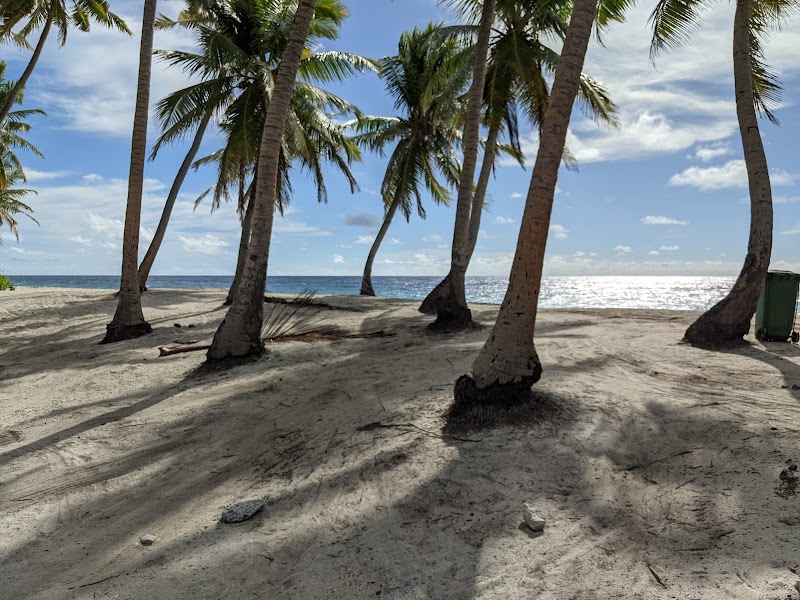
Bandaara Kilhi Wetland Reserve Adventures
Bandaara Kilhi Wetland Reserve is a vital freshwater wetland ecosystem on the island of Fuvahmulah in the Maldives, offering diverse birdwatching and nature exploration opportunities amid rare aquatic habitats.
About Bandaara Kilhi Wetland Reserve

Bandaara Kilhi Wetland Reserve is located on Fuvahmulah, the southernmost atoll island in the Maldives. It encompasses a unique freshwater lake system, one of the few in the Maldives, making it a critical sanctuary for biodiversity in a country predominantly composed of coral atolls. The reserve consists of two freshwater lakes, Bandaara Kilhi and Dhadimagi Kilhi, with Bandaara Kilhi being the focal point of the protected reserve. These wetlands provide essential habitat for a variety of endemic and migratory bird species, as well as several freshwater fish and plant species not typically found in the Maldives' marine environment. The area is also culturally significant to the local community, representing an important resource for fresh water and traditional fishing practices. Visitors to the reserve can engage in birdwatching, nature walks, and ecological studies, particularly during migratory seasons when diverse bird populations visit the site. Despite its relatively small size, Bandaara Kilhi Wetland Reserve showcases a freshwater ecosystem uncommon in the region and highlights ongoing efforts in conservation amid increasing developmental pressures. Key landmarks include the lakes themselves and surrounding marshlands, which are frequented by rare birds such as the Maldivian white-breasted waterhen and the Oriental darter. The reserve offers a peaceful environment for eco-tourists and naturalists seeking to experience an inland aquatic habitat far removed from the typical coral reef and ocean scenes Maldives is known for.
Highlights
Freshwater lakes uncommon in the Maldives archipelago
Diverse birdwatching opportunities including endemic species
Culturally important freshwater resource for Fuvahmulah locals
Peaceful nature trails alongside aquatic vegetation and marshlands
Notable Natural Features
Bandaara Kilhi Lake
A central freshwater lake providing breeding habitat for native bird and fish species.
Migratory Bird Habitat
The reserve is an essential stopover for migratory waterfowl and other bird species.
Aquatic Vegetation Zones
Wetland marsh plants that play a crucial role in maintaining water quality and ecosystem health.
